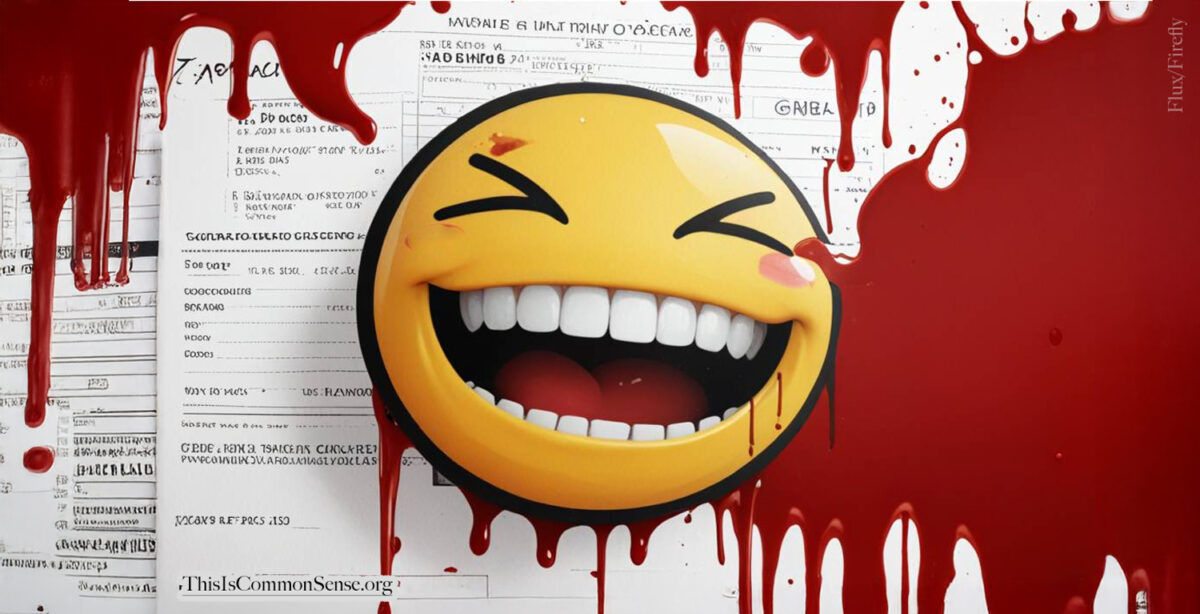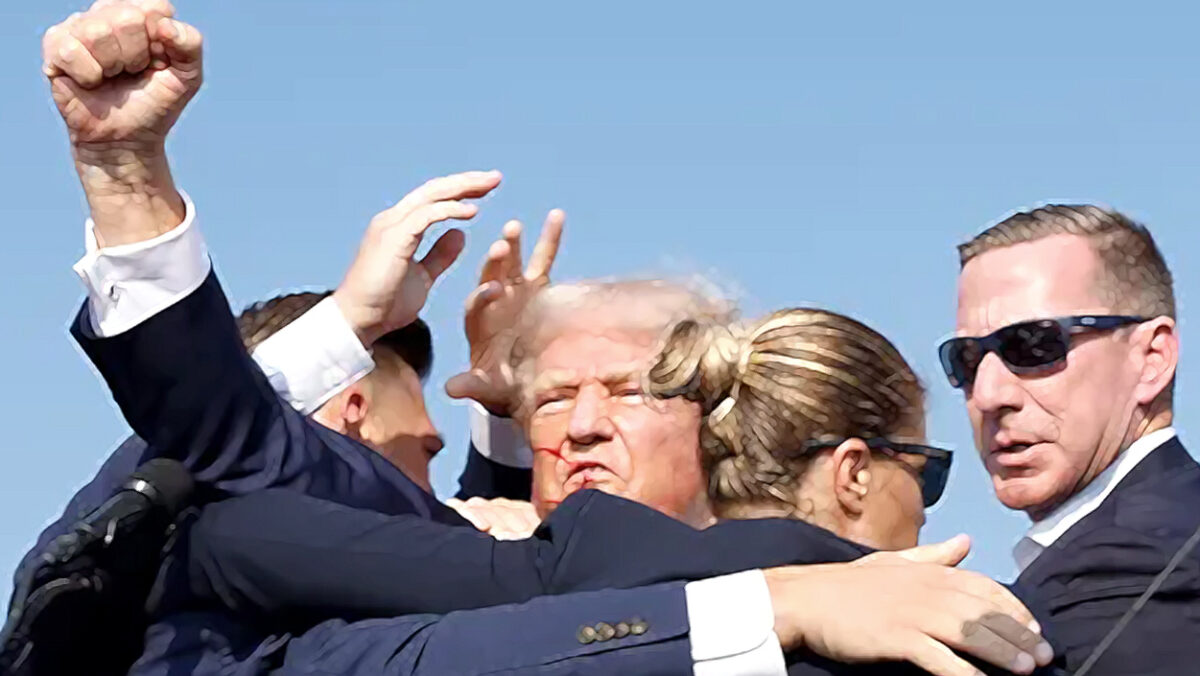Two disturbing murders are in the news and in divided-divisive discussion: that of Ukrainian refugee Iryna Zarutska and conservative activist Charlie Kirk.
Murder was once a private matter, in the sense that the perpetrator, hoping not to get caught, does his or her horrific deed away from cameras and prying eyes.
Public murder is different. The provocation in killing someone in full public view, with many witnesses, is almost inevitably terroristic in nature. And just so, many of the mass shootings and spree killings of recent years are indeed classified as terrorism.
The stabbing of the young white woman on a light rail train in Charlotte, North Carolina, by a black man in view of other commuters, does not seem quite political even if possibly racially motivated. The terror of it is there. But is the ‑ism? Did Decarlos Brown really do it to change opinion or policy (that is a major determinant of terrorism)? No. It was expressive.
Of racism or hateful madness — one or both.
The assassination of Charlie Kirk is more obviously terroristic. Mr. Kirk was speaking on a university campus fielding a question about the rise of violence by trans people. And then came the bullet ripping through his neck, in view of his wife and children as well as the audience.
Both persons detained by police earlier today have been released — so, as I write this, the evil person who assassinated Charlie, in what smacks of a professional hit, remains at large.
There is something additionally ugly and troubling here. Kirk was always open to debate and dialogue. He held no political power, but he had a voice — often that of reasonableness. This was a direct terroristic attack on free speech.
Charlie Kirk’s. And yours.
This is Common Sense. I’m Paul Jacob.
Illustration created with Krea and Firefly
See all recent commentary
(simplified and organized)
See recent popular posts



